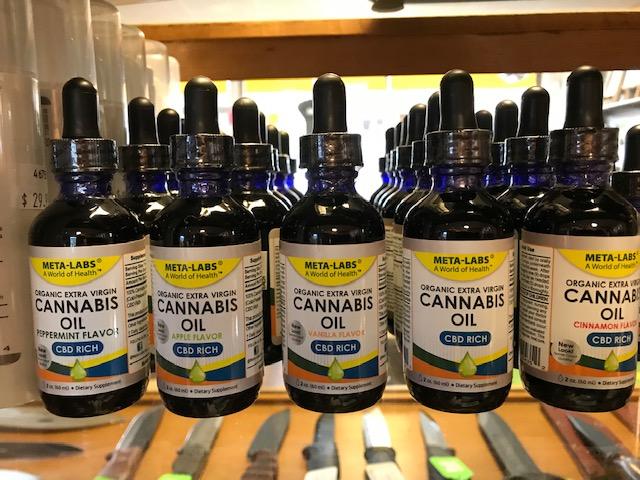Many Still Wonder: What is CBD?
In recent years and as a result of the multiple types of research on hemp, one of the compounds extracted from this plant has gained great relevance. We are referring precisely to CBD. However, despite its growing popularity, many still wonder: what is CBD?
Below we will answer this and other questions about CBD. For example: how do you take CBD, what are its benefits, and how do CBD oils work? We will even see how this hemp compound interacts with our bodies.
What is CBD (Cannabidiol CBD)?
CBD stands for cannabidiol, which is a phytocannabinoid contained in hemp, one of the varieties of the hemp plant. This cannabidiol benefits the body and mind in a variety of ways. However, it is important not to confuse it with hemp seed oil, which in fact lacks cannabinoids.
Therefore, CBD is derived from hemp plants and not from hemp as such. While hemp are related, they are not identical. That is, hemp contains less than 0.2% THC (tetrahydrocannabinol), a psychoactive compound contained in higher concentrations in hemp.
In addition, hemp naturally contains higher levels of the aforementioned CBD, which is a non-psychoactive compound. This means that CBD contributes to maintaining human health and well-being, without having a psychoactive impact.
It is worth mentioning that many people have experienced positive effects on their health and well-being after incorporating CBD into their dietary routine. As a result, there has been an almost exponential growth in the number of different CBD oils and hemp extract products available on the market.
However, it is important to clarify that the highest quality CBD oil is made from hemp plant extract. Because of this, it contains a wide range of cannabinoids, as well as other beneficial plant compounds, including terpenes and flavonoids. The use of the whole plant is believed to maximize health benefits and provide additional wellness components.

How does CBD work? What is the endocannabinoid system?
Phytocannabinoids (CBD) have been shown to make a powerful contribution to promoting overall health in the human body. This is achieved only when CBD cannabidiol stimulates the endocannabinoid system (ECS).
The endocannabinoid system was discovered in the 1990s and is now recognized as an essential modulatory mechanism in the brain, endocrine, and immune tissues. Recent research has found that the ECS not only responds to endogenous cannabinoids created by the body. It also responds to external phytocannabinoids or CBD as a means of enhancing the function of that system.
On the other hand, we should also talk about CB1 and CB2 receptors, which are found in the body and are part of the ECS. Cannabinoids serve as a gateway to these neurons, which act as a lock. The brain is known to have many CB1 receptors, especially in the hypothalamus, hippocampus, and amygdala.
The spleen, tonsils, thymus, and immune cells are the most common sites for CB2 receptors. Because of all this, the endocannabinoid system is considered to be critical for maintaining homeostasis.
Check out their page for information and reviews on CBD oils to try.

